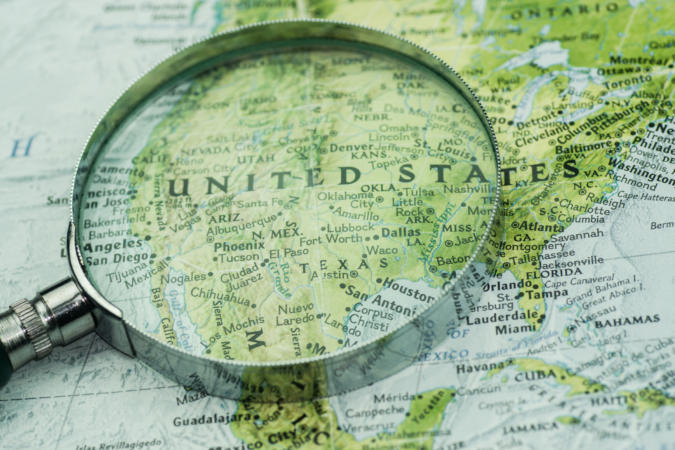This incentive might have you reconsidering those dreams of relocating.
According to Moneywise, relocation to certain parts of the United States now comes with an incentive of $10,000 or more due to the labor shortage.
With the steady decline of workers affecting positions ranging from fast food workers to electricians to 911 dispatchers and beyond, states are participating in programs designed to fill positions in areas that are experiencing the blows of the shortage the most.
Some states with fewer residents, or those smaller cities and rural towns, are even targeting remote workers specifically to bank in on the big bucks for simply changing the scenery of where they work.
The overarching goal is to have people use their income from a different location in their new home. In turn, this will help grow the economy by supporting local businesses and the tax base in select areas.
From swag to coworking office spaces, various cities are going the extra mile to encourage folks to move to their cities.
Furthermore, the moves do not have to be permanent. While some states have requirements on the length of the stay in order to reap the benefits — in most cases it does not go beyond a year.
For example, in the Shoals region of Northern Alabama, a person can receive up to $10,000 for moving there for a year. On the other hand, if the stay happens to only be six months, they would receive half of that amount.
Another area with a high payout for those that relocate to the state is Oklahoma through its Tulsa Remote initiative. It is deemed one of the most popular programs with a total of 1,700 people who are willing to move for the $10,000 reward.
The program also includes a free coworking space, helps people find an apartment, and connects them with other people through lunch lectures to fully immerse them into their new communities.
In West Virginia, on top of the $10,000 bonus for moving, if a person decides to stay for a second year, they’ll receive an additional $2,000.
If ever there was a time to reconsider living in a different part of the U.S. now just might be it.


